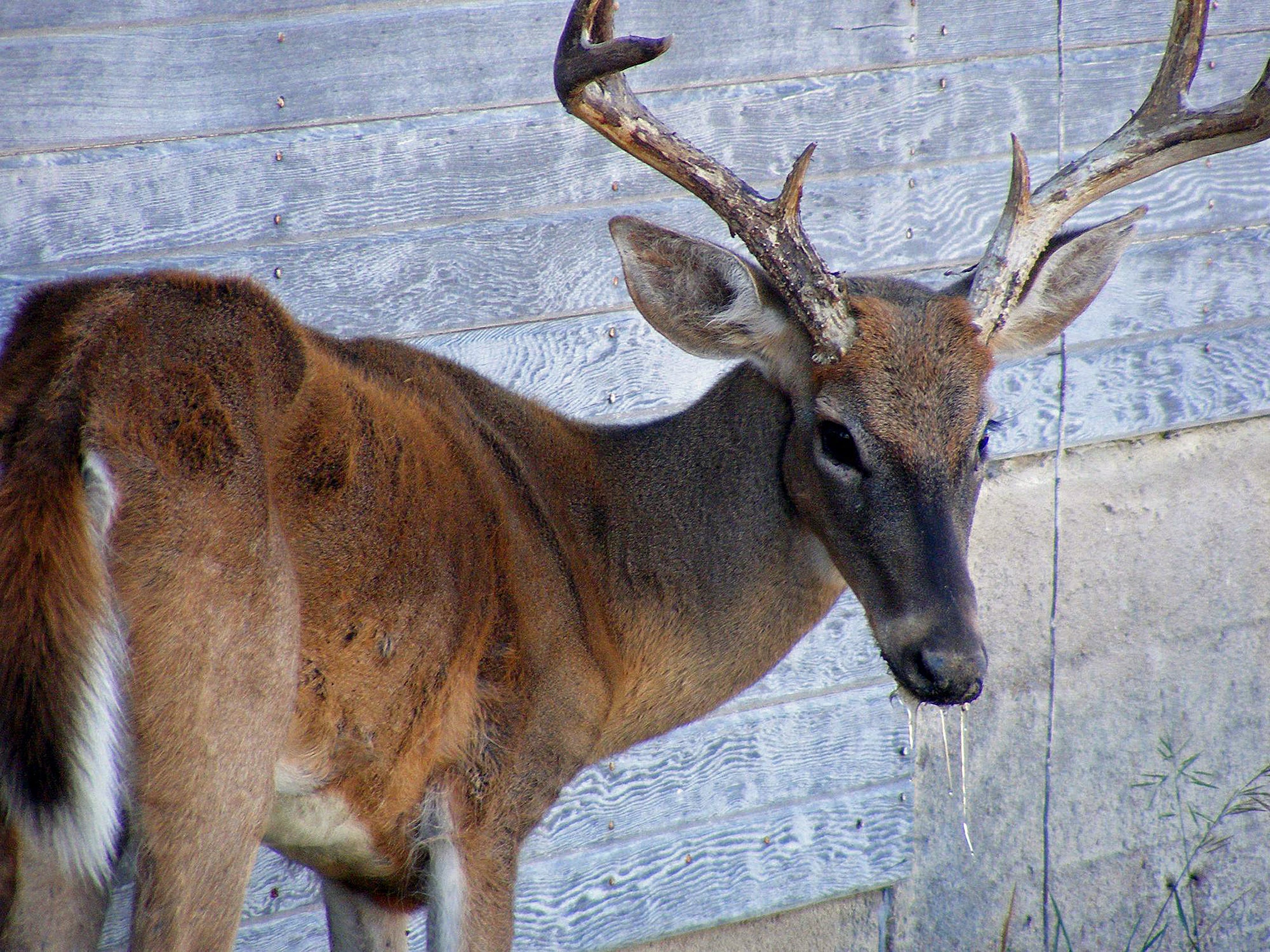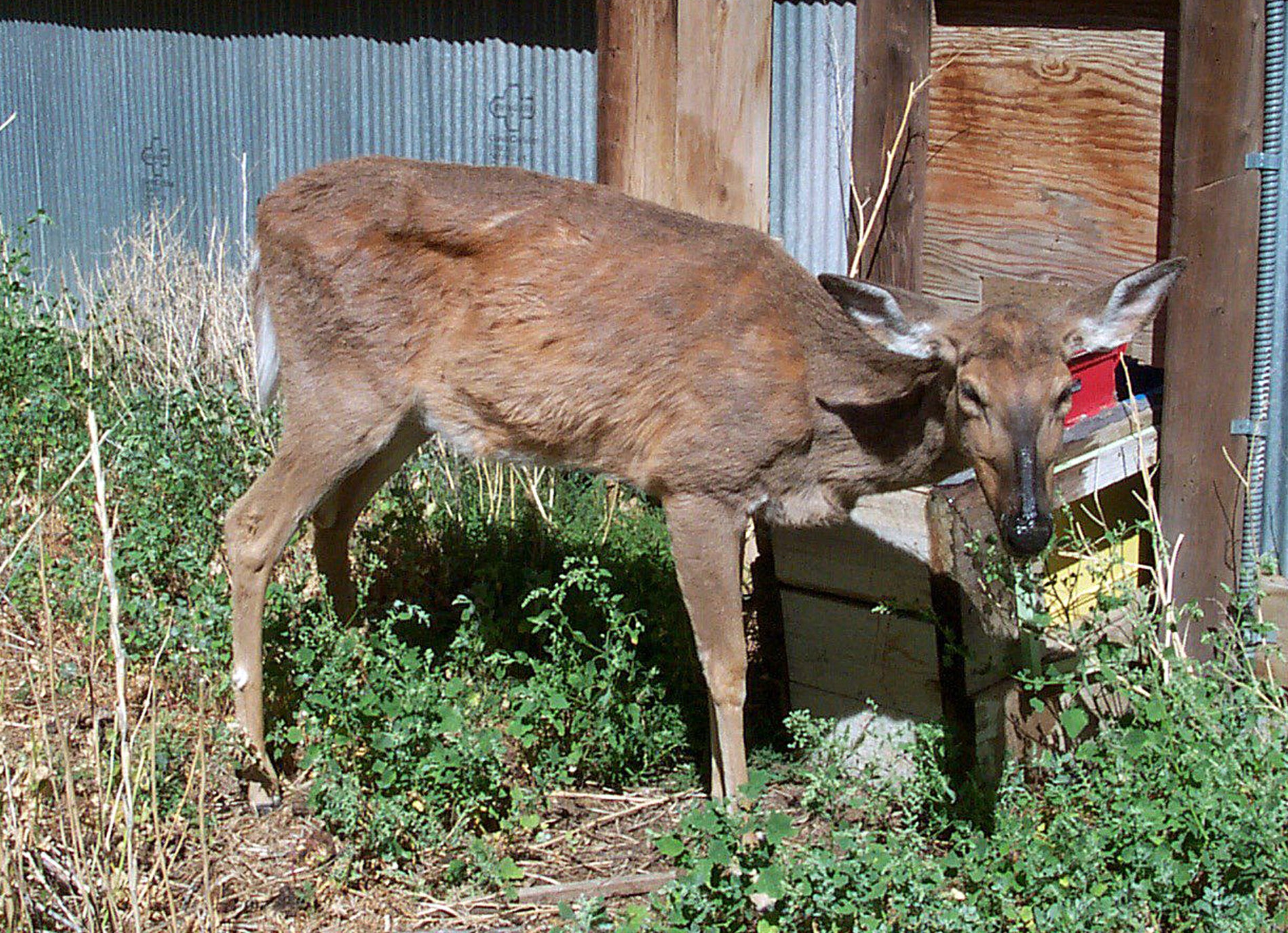By DAVID RAINER, Alabama Department of Conservation and Natural Resources
Chronic Wasting Disease (CWD) catapulted into the world of deer hunters all over the South when an afflicted white-tailed deer was discovered in the Mississippi Delta this past January.
It was the first case so close to Alabama, and the Alabama Department of Conservation and Natural Resources’ Wildlife and Freshwater Fisheries (WFF) Division immediately responded by adding Mississippi to the list of states where special precautions were in effect to minimize the chance of spreading the disease.
At the Alabama Conservation Advisory Board meeting in May, WFF asked that the rules regarding the importation of carcasses from members of the cervid family (deer, elk, moose, caribou, etc.) be extended to all states and Canada.
Those rules state that hunters should completely debone the animal and remove and dispose of any brain or spinal tissue from skull plates, raw capes and hides before returning to Alabama. Those skull plates must be free of any brain or spinal cord material. Velvet-covered antlers are also included in the prohibited materials. Root structures and other soft tissue should also be removed from all teeth. Finished taxidermy products and tanned hides are not affected by the ban.
Starting with the 2019-2020 seasons, Alabama will implement a ban on the use of natural deer urine products as well. Synthetic deer urine products are not affected.
CWD is a disease similar to mad cow disease in cattle and scrapie in sheep. CWD is a form of transmissible spongiform encephalopathy that starts to debilitate the affected animal and always results in death.
At last weekend’s Buckmasters Expo in Montgomery, game biologists and law enforcement officers at the WFF booth tried to spread the word about the threat of CWD and how it could change hunting, which is a $1.8 billion industry in Alabama.
The WFF outreach on CWD education will ramp up significantly right away with seminars, billboards and media promotions.
“We are doing our seminar series that will focus on CWD,” said WFF Director Chuck Sykes, who travels the state to conduct the seminars. “We are purchasing billboard advertisement up and down our major road systems. We’re also doing some outreach at gas pumps and ice machines at convenience stores in strategic places around the state.”
Sykes said there is so much misinformation in the public square, whether online or around the campfire, that WFF is doing everything it can to ensure people are getting the correct information.
“There are rumors that it is already here in Alabama, which is not true,” Sykes said. “There are rumors that it’s made up; there’s no such thing as CWD. The best one I’ve heard is it’s just a way for the state to make money. I wish they would show me how we’re going to make money when we’re having to move resources and money to help test animals and educate the public. It’s typical anti-government rhetoric that doesn’t have any basis in reality. So, we’re trying our best to get the facts out.”
Sykes said the decision to ban natural deer urine products after the upcoming seasons was done to err on the side of caution.
“We knew that people already had orders,” he said. “We knew stores had the product on the shelf, and manufacturers already had purchase orders. The Board expressed a desire to ban urine products, so we made our recommendation to start the ban in 2019. So, hunters can buy and use those natural deer urine products through the upcoming season, but starting in the fall of 2019, they won’t be able to use them.
“It’s just a precaution. We know the prion (rogue protein) that causes CWD can be found in urine, saliva and feces. That’s just one hole that we can plug. A lot of the facilities that bottle urine are in states with CWD. We just don’t want to take that risk. Granted, it’s not as big of a risk as bringing in a live deer or a deer carcass, but it’s a risk we don’t want to take.”








